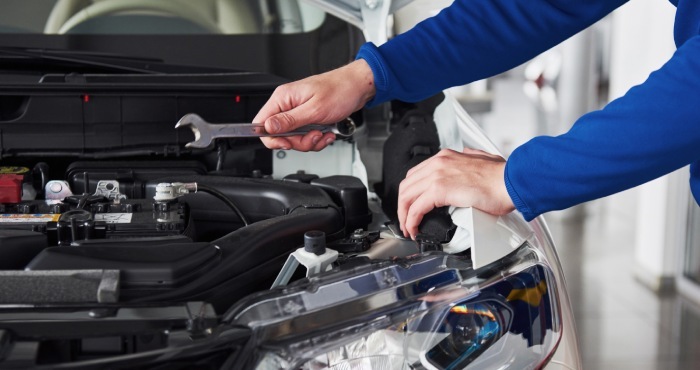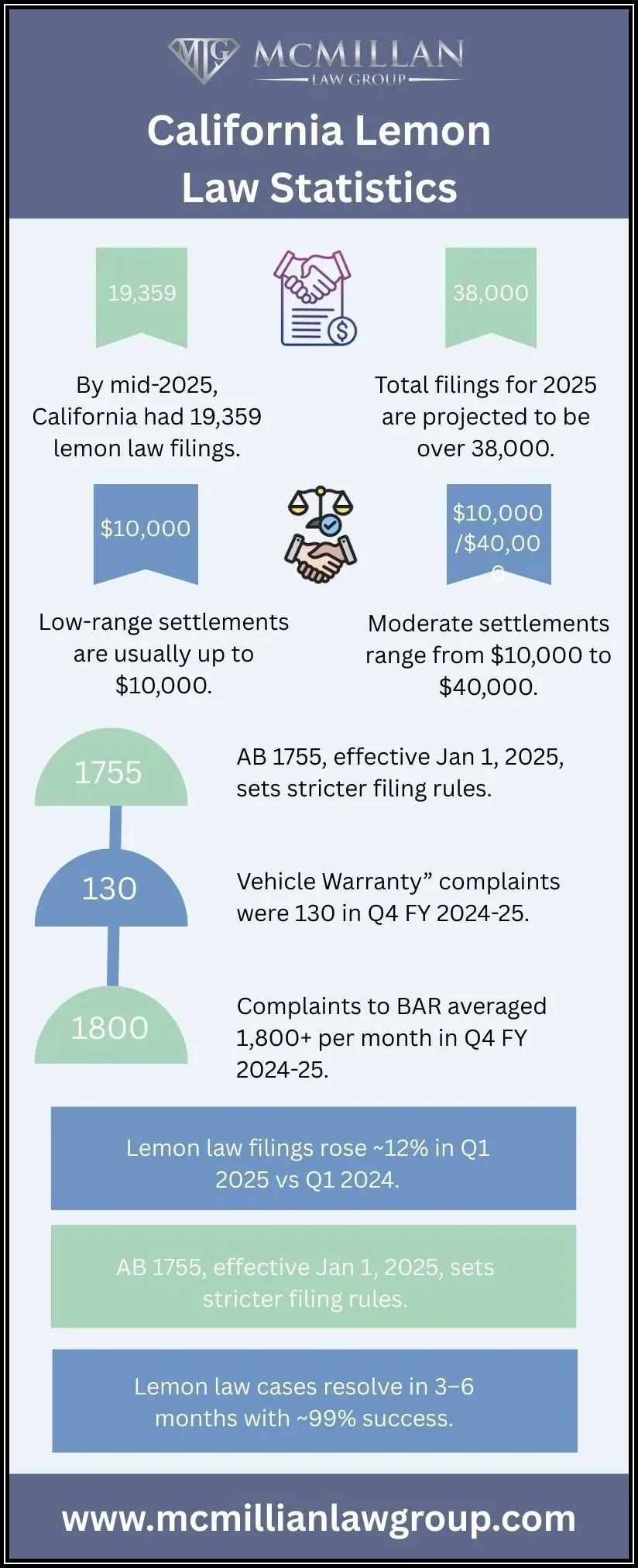Acquiring a vehicle is a considerable financial commitment, and it can be disheartening to find that your new or pre-owned car has ongoing issues. Thankfully, Lemon Laws are in place to safeguard buyers from faulty automobiles. Nonetheless, the process of pursuing a Lemon Law claim can be intricate. Grasping the essential steps and obtaining professional guidance can significantly improve your chances of success. Below are some expert recommendations for effectively managing your Lemon Law claim.
Understanding Lemon Law
What Is Lemon Law?
Lemon Laws serve as safeguards for consumers, mandating that manufacturers must fix, replace, or reimburse for vehicles that have persistent issues. Although these laws differ from one state to another, they typically apply to new cars and, in certain instances, used ones that are still under warranty.
Qualifying for a Lemon Law Claim
In order to be eligible for a Lemon Law claim, your car must possess a major flaw that impacts its functionality, safety, or worth. This problem needs to arise while the vehicle is still covered by warranty, and the manufacturer should have been afforded several chances to remedy the situation.
Different states have varying rules regarding how many repair attempts are necessary and the deadlines for submitting a claim. It is crucial to familiarize yourself with the specific Lemon Law regulations in your state to assess your eligibility and make sure you take appropriate actions to safeguard your rights.
Steps to Take Before Filing a Lemon Law Claim
Document Everything
A key element for a successful Lemon Law claim is thorough documentation. Ensure you maintain comprehensive records of the following:
- Invoices and service orders from certified dealerships.
- Correspondence with the manufacturer or dealer about the defect.
- Dates of repairs and how long the vehicle was non-operational.
- Copies of the purchase agreement and warranty details.
Notify the Manufacturer
Prior to initiating any legal proceedings, it is essential to inform the manufacturer in writing about the defect and seek a solution. In numerous states, it is mandated that you provide the manufacturer with one last chance to address the problem before moving forward with a claim.
Consult a Lemon Law Attorney
Obtaining expert legal support can enhance your likelihood of a favorable outcome for your claim. An attorney specializing in Lemon Law can evaluate your situation, recommend the most effective strategy, and manage discussions with the manufacturer on your behalf.
The Lemon Law Claim Process
Filing a Claim
Should the manufacturer be unable to address the problem, you might have to consider filing an official claim. This process could include:
- Lodging a complaint with the consumer protection agency in your state.
- Participating in arbitration, if mandated by your state’s Lemon Law.
- Pursuing legal action if arbitration does not yield a favorable resolution.
Arbitration vs. Litigation
- Arbitration: In certain states, arbitration is a prerequisite for filing a lawsuit. This procedure entails a neutral third party examining your case and issuing a ruling, which can be either binding or non-binding based on the laws of that state.
- Litigation: Should arbitration fail or not be mandated, you have the option to pursue legal action against the manufacturer. Engaging a California Lemon Law attorney can help you navigate the court system and improve your chances of receiving compensation.
Common Challenges and How to Overcome Them
Manufacturer Pushback
Producers might attempt to reject or postpone Lemon Law claims by minimizing the significance of the defect, asserting that it is trivial and does not greatly impact the vehicle’s performance, safety, or worth. They may also argue that the issue fails to fulfill the legal criteria necessary for a buyback or replacement.
Another frequent strategy involves placing responsibility on the owner, suggesting that inadequate maintenance or aftermarket alterations led to the defect. To effectively address these claims, it is essential to maintain thorough service documentation and adhere to the manufacturer’s prescribed maintenance recommendations.
Response: An attorney can refute these claims by presenting compelling evidence, utilizing expert witnesses, and employing effective legal tactics.
Insufficient Documentation
Insufficient documentation can hinder your ability to support your Lemon Law claim. It’s crucial to maintain thorough records of repairs, service invoices, and warranty details to build a robust case.
Recommendation: Consistently ask for and retain duplicates of all repair documentation, communication, and warranty information. Develop a comprehensive timeline that outlines all repair efforts and related problems.
Delayed Responses
Producers frequently take their time in replying to intentionally irritate customers and deter them from continuing with their complaints. Remaining tenacious and consistently checking in can assist in advancing your situation.
Approach: Stay determined and check in consistently. Engaging a lawyer can also help speed things up.
What to Expect in Terms of Compensation
Should your claim be approved, you might qualify for:
- Vehicle Replacement: A similar new vehicle.
- Refund: A complete or partial reimbursement, covering payments, down payment, and any applicable fees.
- Repair Expenses: Compensation for expenses incurred for repairs.
- Legal Fees: In numerous Lemon Law cases, manufacturers are obligated to cover legal costs if the consumer prevails.
Final Tips for a Successful Lemon Law Claim
- Take Immediate Action: Lemon Law claims come with deadlines, so it’s essential to submit your claim within a designated period. Waiting too long could jeopardize your chances of receiving compensation.
- Consult an Expert: California Lemon Law lawyers possess in-depth knowledge of dealing with manufacturers and are skilled in building strong cases. Their expertise can significantly increase the chances of a favorable outcome.
- Educate Yourself: Familiarizing yourself with your rights and obligations under the Lemon Law will empower you to make better choices. Look into the laws specific to your state and take initiative in defending your consumer rights.
Pursuing a Lemon Law claim can be quite difficult, but employing the right strategies and obtaining expert guidance can significantly enhance your likelihood of a favorable outcome. By meticulously documenting everything, adhering to the correct protocols, and consulting with a legal professional when needed, you can defend your investment and obtain the compensation you are entitled to. If you believe your vehicle may fall under the Lemon Law, it’s important to act quickly to ensure your consumer rights are protected.






